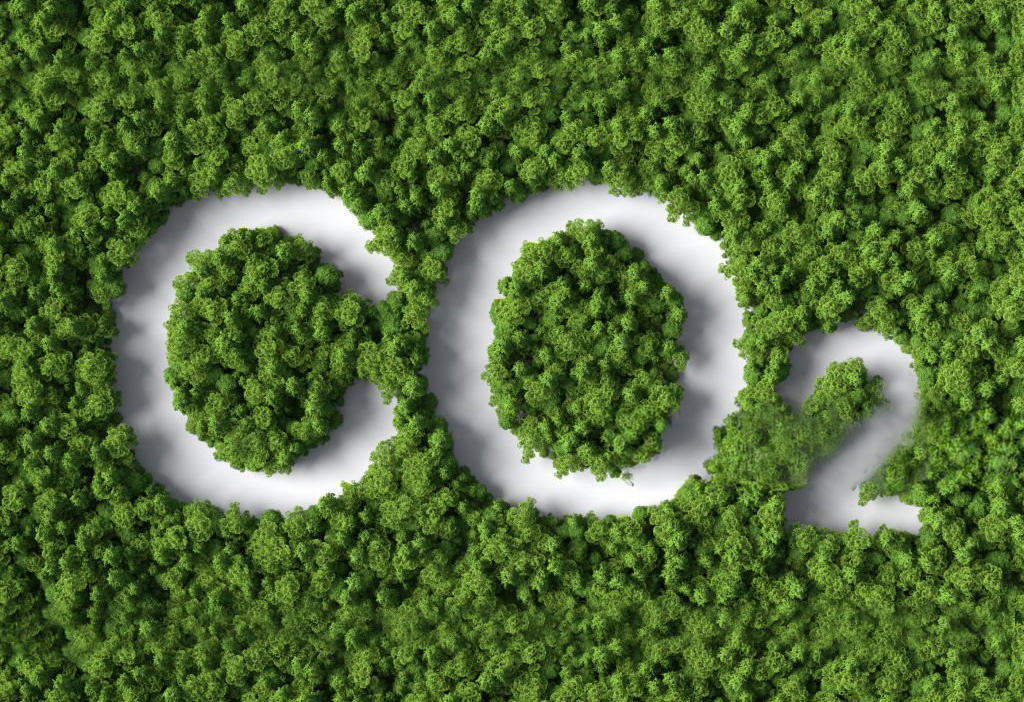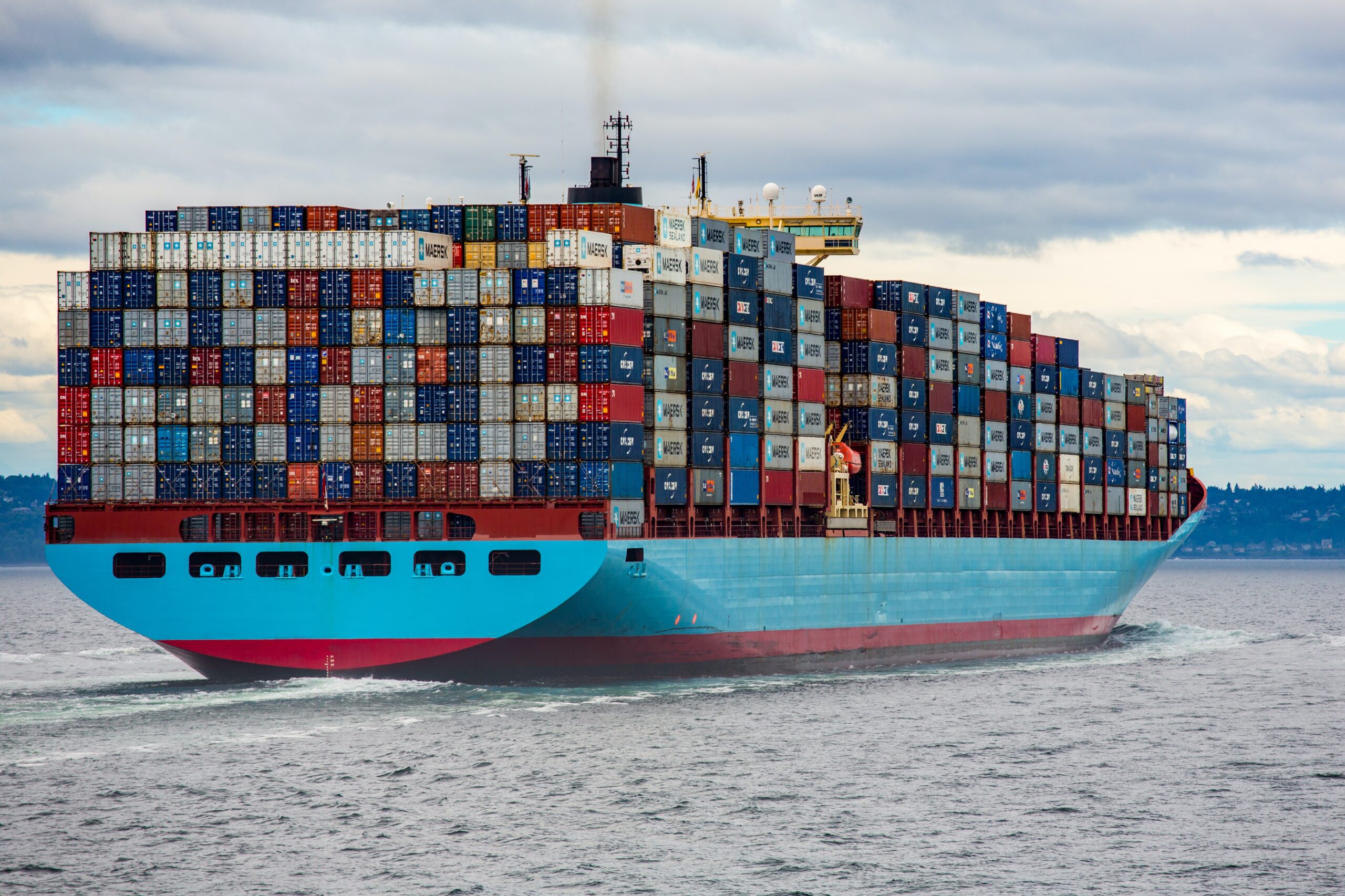Frequently Asked Questions
Why is Emvolon's technology carbon negative?
Greenhouse gas emissions (GHG) consist of not just CO2 but also methane; each methane molecule is equivalent to 30 CO2 molecules in terms of Global Warming Potential. Emvolon’s technology eliminates methane emissions by converting them into high energy-density green fuels, displacing fossil-derived fuels such as diesel, gasoline, and jet fuel. The net effect of using the newly-produced green fuels results in GHG reduction, making Emvolon’s technology carbon negative.

Why does Emvolon focus on methanol and ammonia?
Methanol stands out as an exceptionally versatile chemical resource and energy carrier due to its capacity for production from a wide range of raw materials.
It can be easily synthesized from any substance that can be transformed into synthesis gas including many different biogenic carbon sources that would otherwise create GHG emissions like agricultural, municipal and industrial waste . It can degrade naturally. Its long history of secure production, utilization, and management over the past solidifies methanol as a sustainable and enduring choice. As one of the most widely transported chemical commodities globally and a top-five internationally traded chemical, methanol has consistently demonstrated safe storage, transportation, and handling practices for over a century. Methanol has emerged as the most promising near to mid term alternative fuel to decarbonize marine transportation with more than 20 ships already in operation and more than 100 on order in 2023 due to important competitive advantages :
- Compatibility with existing ship engines that can also use HFO or diesel fuel
- Compatibility witn existing fuel tanks that do not require major ship redesign
Making methanol from biogenic carbon sources is also one of the most promising pathways to make sustainable aviation fuel (SAF) that has already been ASTM certified.
Ammonia (NH3) is among the largest-volume chemicals produced and distributed in the world and is mainly known for its use as a fertilizer in the agricultural sector.
Ammonia has attracted interest because of the possibility of working as a hydrogen carrier and a carbon-free fuel. It can be defined as a hydrogen carrier due to its remarkably high hydrogen density. The production of green ammonia could offer further options in the transition to net-zero carbon dioxide emissions. These include:
- Energy storage – ammonia is easily stored in bulk as a liquid at modest pressures (10-15 bar) or refrigerated to -33°C. This makes it an ideal chemical store for renewable energy. There is an existing distribution network, in which ammonia is stored in large refrigerated tanks and transported around the world by pipes, road tankers and ships.
- Zero-carbon fuel – ammonia can be burnt in an engine or used in a fuel cell to produce electricity. When used, ammonia’s only by-products are water and nitrogen. The maritime industry is likely to be an early adopter, replacing the use of fuel oil in marine engines.
- Hydrogen carrier – there are applications where hydrogen gas is used (e.g. in PEM fuel cells), however hydrogen is difficult and expensive to store in bulk (needing cryogenic tanks or high-pressure cylinders). Ammonia is easier and cheaper to store, and transport and it can be readily “cracked” and purified to give hydrogen gas when required.

What makes Emvolon’s technology more cost-effective than other competing technologies?
Emvolon’s platform technology leverages economies of mass production to replace economies of scale. Our proprietary technologies modify mass-produced internal combustion engines to work as compressors, chemical reactors, and expanders. We have developed IP to intelligently use an engine to create the necessary pressure/temperature conditions for the chemical process and extract work from excess heat, therefore replacing external heaters, compressors, reactors, coolers, expanders, piping, valves, which are all custom-made for each conventional plant. This enables capex cost reductions compared to custom process equipment that is based on one off designs and requires huge economies of scale to reduce costs. Emvolon is producing a portable and modular system that can be built offsite at low cost, and brought as a trailer to the wasted/low cost feedstock source. This further reduces capex compared to a fixed installation plant that required a lot of on-site remote work, civil engineering work that would need to be amortized with economies of scale which are non-existent. Additionally, the ability to use a wasted, ultra low cost valuable resource close to the source enables additional OPEX reductions, further enhancing the lucrative economics of the system.

How does Emvolon's technology scale?
Emvolon’s technology is modular and can be rightsized to resources ranging from 1MW to 100MW. The feedstocks include landfill gas, animal manure, water resource recovery facilities (WRRFs), food waste, agricultural residues, forestry and forest product residues, energy crops, the use of renewable electricity, and the non-biogenic fraction of municipal solid waste (MSW). In the high resource potential scenario, we estimate that we can produce more than 3,780 tBtu of green fuel annually.
